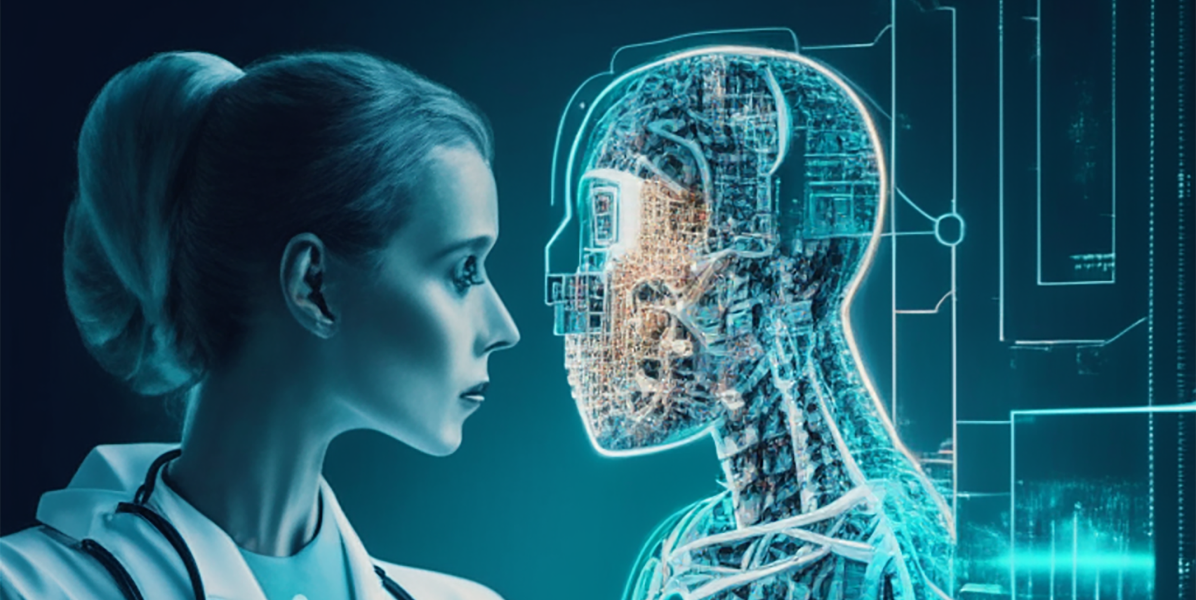October 31, 2023

In recent years, Artificial Intelligence (AI) has emerged as a game-changer in various industries, and healthcare is no exception. With its ability to analyze vast amounts of data, recognize patterns, and make predictions, AI is revolutionizing the way we approach healthcare. In this post, we will explore the incredible benefits of AI in healthcare and how it is transforming patient care, diagnosis, and treatment. So, let’s dive in!
1. Enhanced Diagnosis and Personalized Treatment:
AI algorithms have the power to analyze medical data, such as patient records, lab results, and medical images, at an unprecedented speed and accuracy. This enables healthcare professionals to make more precise diagnoses and develop personalized treatment plans. By leveraging AI, doctors can identify early signs of diseases, predict outcomes, and recommend tailored treatments, ultimately improving patient outcomes.
2. Streamlined Administrative Tasks:
Healthcare providers are often burdened with administrative tasks that can consume valuable time and resources. AI technologies, such as natural language processing and speech recognition, can automate administrative processes, including transcription, documentation, and scheduling appointments. This allows healthcare professionals to focus more on patient care, reducing administrative burdens and enhancing overall efficiency.

3. Precision Medicine and Drug Discovery:
AI plays a crucial role in advancing precision medicine and drug discovery. By analyzing large datasets, including genetic information, patient history, and clinical trials, AI algorithms can identify potential drug targets, predict drug responses, and develop personalized treatment plans. This accelerates the discovery of new drugs and therapies, leading to more effective and targeted treatments for patients.
4. Early Disease Detection and Prevention:
AI algorithms can continuously monitor patient health data, detect subtle changes, and identify early signs of diseases. This early detection enables proactive intervention, preventing the progression of diseases and improving patient outcomes. AI-powered wearable devices and mobile apps can track vital signs, detect abnormalities, and provide real-time insights, empowering individuals to take control of their health and well-being.
5. Surgical Assistance and Robotics:
AI technologies are transforming the field of surgery, making procedures more precise and efficient. Surgeons can use AI-powered robotic systems for assistance, enabling minimally invasive surgeries with enhanced precision and reduced recovery times. AI algorithms can analyze real-time data during surgeries, providing surgeons with valuable insights and improving surgical outcomes.
The integration of AI in healthcare holds tremendous potential to revolutionize patient care, diagnosis, and treatment. From enhanced diagnosis and personalized treatments to streamlined administrative tasks and improved drug discovery, AI is transforming the healthcare landscape. With its ability to analyze vast amounts of data and make accurate predictions, AI is empowering healthcare professionals to provide better care, while patients benefit from early detection, precise treatments, and improved overall outcomes. As AI continues to advance, we can expect even more groundbreaking developments in healthcare, leading to a healthier and brighter future for all.